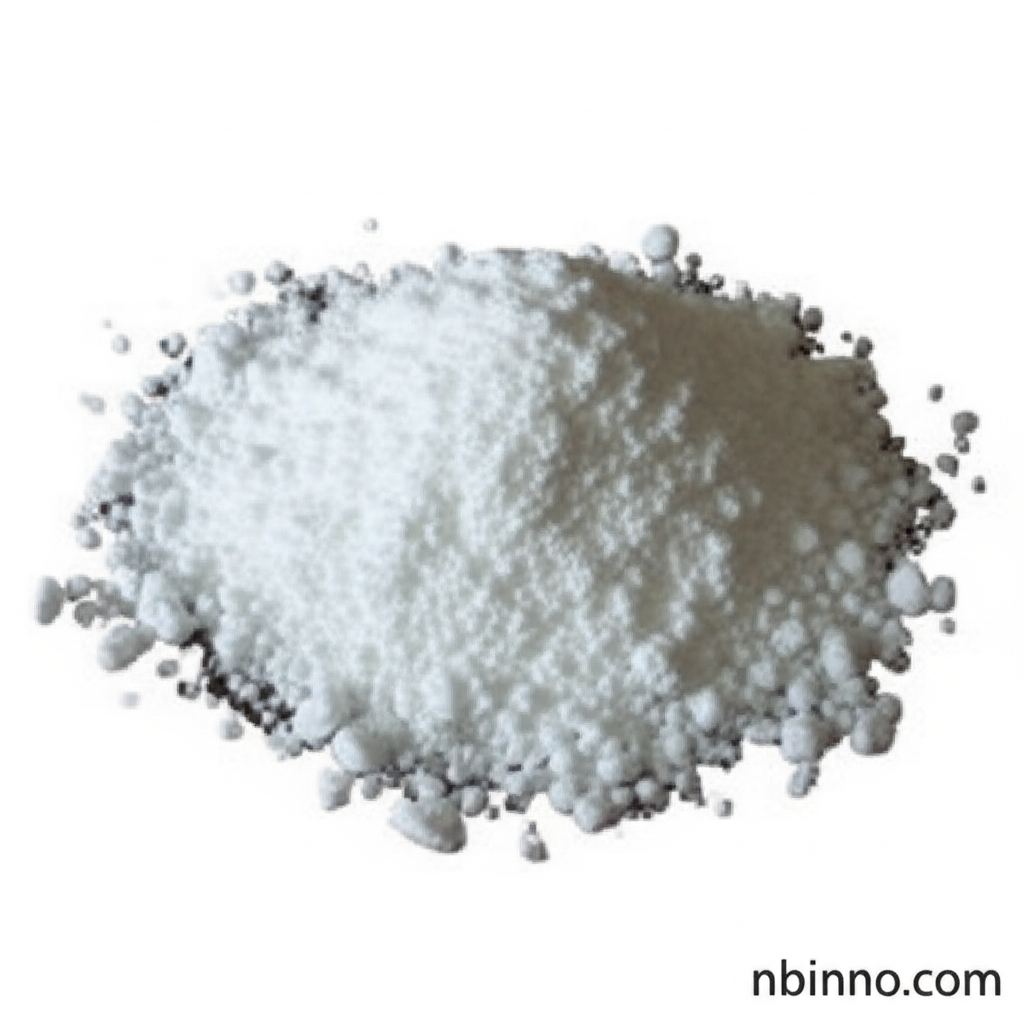Microcrystalline Cellulose: A Cornerstone Pharmaceutical Excipient
Explore the multifaceted role of MCC in modern drug formulation, from synthesis to application.
Get a Quote & SampleProduct Core Value

Microcrystalline Cellulose
Microcrystalline Cellulose (MCC) is a purified, partially depolymerized cellulose that serves as a vital excipient in the pharmaceutical industry. Its unique physicochemical properties make it indispensable for various dosage forms, particularly tablets.
- Leveraging MCC's excellent binding properties, we can achieve superior tabletability in direct compression formulations, enhancing the efficiency of drug manufacturing.
- Understanding the properties of microcrystalline cellulose is key to optimizing tablet hardness and reducing friability, ensuring product integrity.
- The synthesis of MCC involves careful hydrolysis of cellulose, leading to a versatile material used as a diluent, binder, and disintegrant in tablet manufacturing.
- Exploring MCC applications in pharmaceuticals reveals its crucial role in improving drug release and overall formulation performance.
Key Advantages
Enhanced Tabletability
MCC's plastic deformation under compression creates a large number of clean surfaces, forming strong bonds that significantly enhance tabletability, making it a preferred excipient for direct compression.
Versatile Functionality
As a multi-functional excipient, MCC excels as a binder, diluent, disintegrant, glidant, and even a spheronizing agent, simplifying formulations and improving process efficiency.
Controlled Drug Release
When used in matrix tablet dosage forms, MCC contributes to sustained release drug delivery systems by forming a gelling layer that retards water penetration and controls drug release kinetics.
Key Applications
Direct Compression
MCC is widely recognized as the most effective excipient for direct compression, facilitating efficient dry blending and producing tablets with high hardness and low friability, a key aspect for MCC in direct compression tablets.
Wet Granulation
In wet granulation, MCC's wicking action promotes rapid wetting and retains water, making the wet mass less sensitive to overwetting and leading to more uniform granules and easier drying.
Binder and Disintegrant
MCC functions as a strong dry binder and an effective disintegrant, promoting faster tablet disintegration and enhancing drug dissolution, a crucial element for successful drug absorption.
Sustained Release Systems
Its hydrophilic nature and swelling tendencies make MCC suitable for sustained release formulations, helping to control drug release rates and improve therapeutic outcomes.
